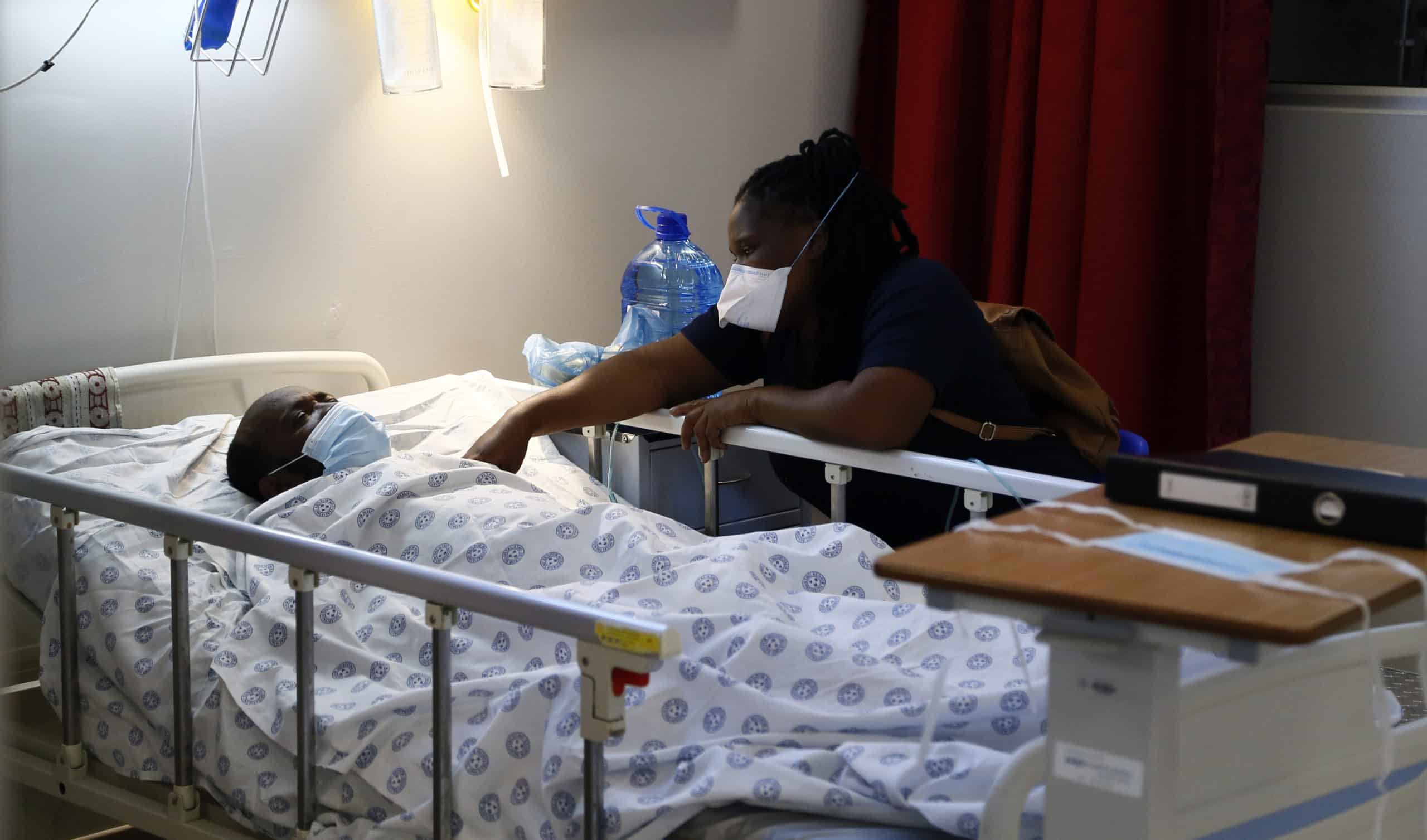A recent cholera outbreak outside the administrative capital of Tshwane has led to at least 15 deaths and dozens hospitalized. While the source of the outbreak is yet to be confirmed, residents and analysts point to long-running water quality and supply issues in the area as a failure of service delivery.
South Africa is grappling with a devastating cholera outbreak just outside the administrative capital of Tshwane in Hammanskraal in northern Gauteng province. The outbreak has claimed at least 15 lives and left another 34 individuals hospitalized.
This severe bacterial outbreak, which leads to intense dehydration and can ultimately be fatal, is typically associated with unsafe, contaminated water supplies. Hammanskraal, a rural township on the outskirts of Tshwane, has grappled with water supply issues for at least a decade. In 2021, an independent commission of enquiry found that the local Rooiwal Water Treatment Plant has borne the brunt of the responsibility for the poor water quality and supply afflicting the residents.
The Gauteng Department of Health confirmed on Sunday the presence of cholera in the region based on lab results of stool specimens collected from 19 individuals. These patients presented themselves at Jubilee District Hospital, exhibiting symptoms including diarrhea, stomach cramps, and nausea.
Deputy Minister of Human Settlements, Water and Sanitation David Mahlobo underscored the severity of the water supply and quality issues during a media briefing. He pointed to the constant upheaval within the metro governance as a significant contributor to these issues. Mahlobo stated, “The Rooiwal Wastewater Treatment, the frequent change of mayors in the City of Tshwane, and defaults on agreements are at the epicenter of the Hammanskraal water issues.”
Residents have not remained silent on these issues, with protests against poor water quality taking place as recently as March of this year. However, this is not a new challenge for residents – in 2014, about 73 people were treated for cholera-like symptoms within a single week at the local Jubilee Hospital, leading to an intervention from the then mayor and a task-team being formed.
Fast forward to 2021, both an independent commission of enquiry and a report produced by the South African Human Rights Council found that the water supplied to Hammanskraal residents was contaminated. They stated that the City of Tshwane had neglected its obligation to provide basic services to its residents.
The city’s political landscape hasn’t helped matters, with reported political infighting within the City of Tshwane, which has seen five mayors in as many years, being a significant impediment to service delivery. The incumbent mayor, Cilliers Brink of the opposition party the Democratic Alliance (DA) attempted to visit Hammanskraal yesterday for a site visit, before being chased away by residents furious over lack of service delivery.
In a video statement Brink confirmed that tap water testing revealed no E. Coli bacteria, adding that the source of the outbreak is yet to be confirmed and cautioned residents against consuming tap water without proper treatment.
To deal with the outbreak, water tankers, social workers, additional wards, and nursing staff have been mobilized. Despite these efforts, and with Jubilee Hospital being overwhelmed, the future seems bleak for the residents of Hammanskraal who have had to endure more than a decade of inadequate water quality and supply.
One resident, speaking to FORBES AFRICA outside Jubilee Hospital, succinctly captured the mood of the people: “It’s been so long overdue. People have died.”
